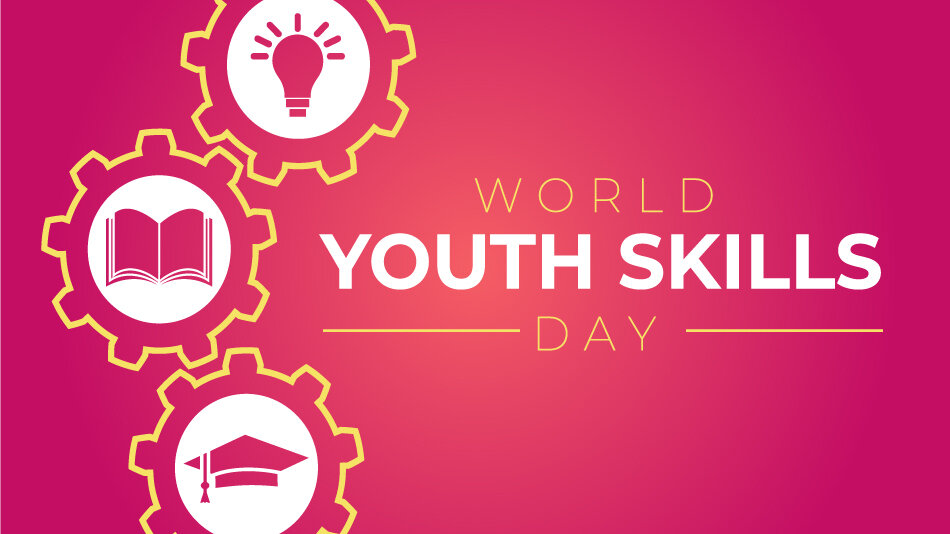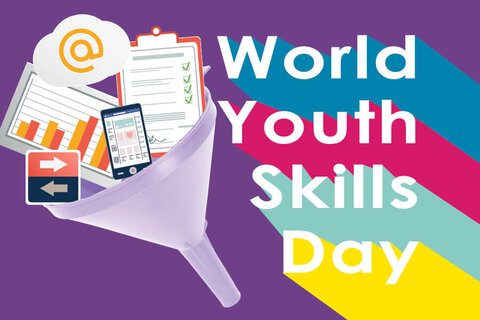Iran (IMNA) - Since then, World Youth Skills Day events have provided a unique opportunity for dialogue between young people, technical and vocational education and training (TVET) institutions, firms, employers’ and workers’ organizations, policy makers and development partners. Participants have highlighted the ever-increasing significance of skills as the world is embarking on a transition towards a sustainable model of development.
What role do technical and vocational education and training play?
Education and training are central to the achievement of the 2030 Agenda. The vision of the Incheon Declaration: Education 2030 is fully captured by Sustainable Development Goal 4 “Ensure inclusive and equitable quality education and promote lifelong learning opportunities for all”. Education 2030 devotes considerable attention to technical and vocational skills development, specifically regarding access to affordable quality Technical and Vocational Education and Training (TVET); the acquisition of technical and vocational skills for employment, decent work and entrepreneurship; the elimination of gender disparity and ensuring access for the vulnerable. In this context, TVET is expected to address the multiple demands of an economic, social and environmental nature by helping youth and adults develop the skills they need for employment, decent work and entrepreneurship, promoting equitable, inclusive and sustainable economic growth, and supporting transitions to green economies and environmental sustainability.
TVET can equip youth with the skills required to access the world of work, including skills for self-employment. TVET can also improve responsiveness to changing skill-demands by companies and communities, increase productivity and increase wage levels. TVET can reduce access barriers to the world of work, for example through work-based learning, and ensuring that skills gained are recognised and certified. TVET can also offer skills development opportunities for low-skilled people who are under- or unemployed, out of school youth and individuals not in education, employment and training (NEETs).



Your Comment